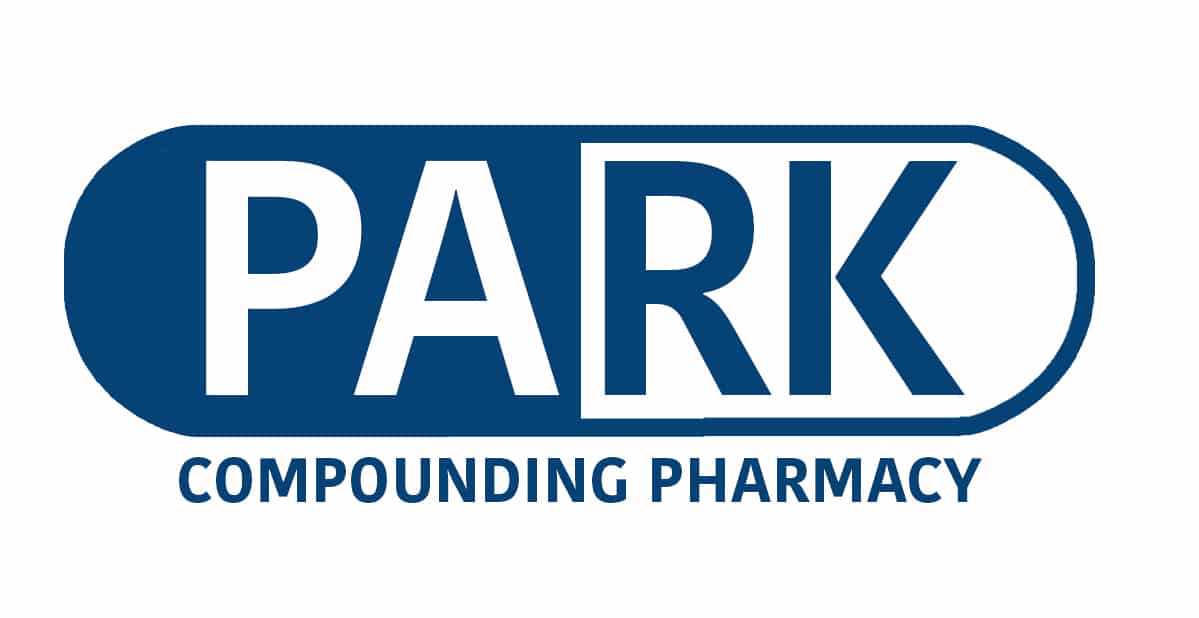The association between vitamin D and the development of autoimmune hypothyroidism has been established in many smaller studies. However a recent study published in BMC Endrocrine Disorders included 7,943 participants, which makes it the largest study to-date that examines this relationship. This large scale study provides confirmation that low levels of vitamin D are associated with the development of autoimmune hypothyroidism.
What is Hypothyroidism?
Hypothyroidism refers to a condition where an individual has low levels of circulating thyroid hormones. There are a variety of potential causes of hypothyroidism. Throughout much of the world, iodine deficiency in the diet is a primary cause of hypothyroidism. However in the U.S. this cause is much less common. Hashimoto’s disease, surgical removal of the thyroid, thyroiditis that is present at birth, radiation treatment, and the use of certain medications are all more likely to be the cause of hypothyroidism for patients in the U.S.
Hypothyroidism associated with an autoimmune related destruction of thyroid follicles is called Hashimoto’s thyroiditis. In this condition, the body’s antibodies attack the thyroid glands. It is not known exactly why this occurs, but the development of the condition has been correlated to other risk factors. Women who are middle aged and have other family members who have had the condition are at the greatest risk. Certain lifestyle and diet factors have also been associated with its development. This includes weight gain, a lack of exercise, and many other factors including low vitamin D levels.
Study on Hypothyroidism and Vitamin D
This study used individuals who were a part of the National Health and Nutrition Examination Survey (NHANES) between 2007-2012. The total number of participants was 7,943 of which 614 were having hypothyroidism. It was found that patients with a vitamin D deficiency were significantly more likely to develop autoimmune related hypothyroidism. The results showed that 25.6% of hypothyroid patients were vitamin D deficient. In addition in hypothyroid patients there was a greater prevalence of hypertension, diabetes, and dyslipidemia (cholesterol imbalance).
This study shows that if you have lower vitamin D levels you are at a greater risk of developing hypothyroidism. Adequate vitamin D intake should be maintained either through sun exposure or dietary supplementation – especially if the patient is already in a high risk category. In this particular study, vitamin D deficiency was defined as a level of less than 20 ng/mL and intermediate levels were defined as 20 ng/mL to 30 ng/mL. Both of these levels can lead to a higher risk of hypothyroidism. The researchers defined an optimal vitamin D level as 30 ng/mL or more. These ranges can be useful for doctors and patients who are looking to manage vitamin D levels to reduce hypothyroidism risk.
Conclusion
Now that the relationship between low levels of vitamin D has been clearly established, widespread screening of patients who are susceptible to autoimmune hypothyroidism should be done to confirm vitamin D levels. This study also supports the use of vitamin D supplementation for these patients. While there are a variety of thyroid medications available for patients who do develop a condition, preventing the condition from developing in the first place is a superior goal.
Articles
Association between vitamin D deficiency and hypothyroidism: results from the National Health and Nutrition Examination Survey (NHANES) 2007–2012 – BMC Endocrine Disorders







